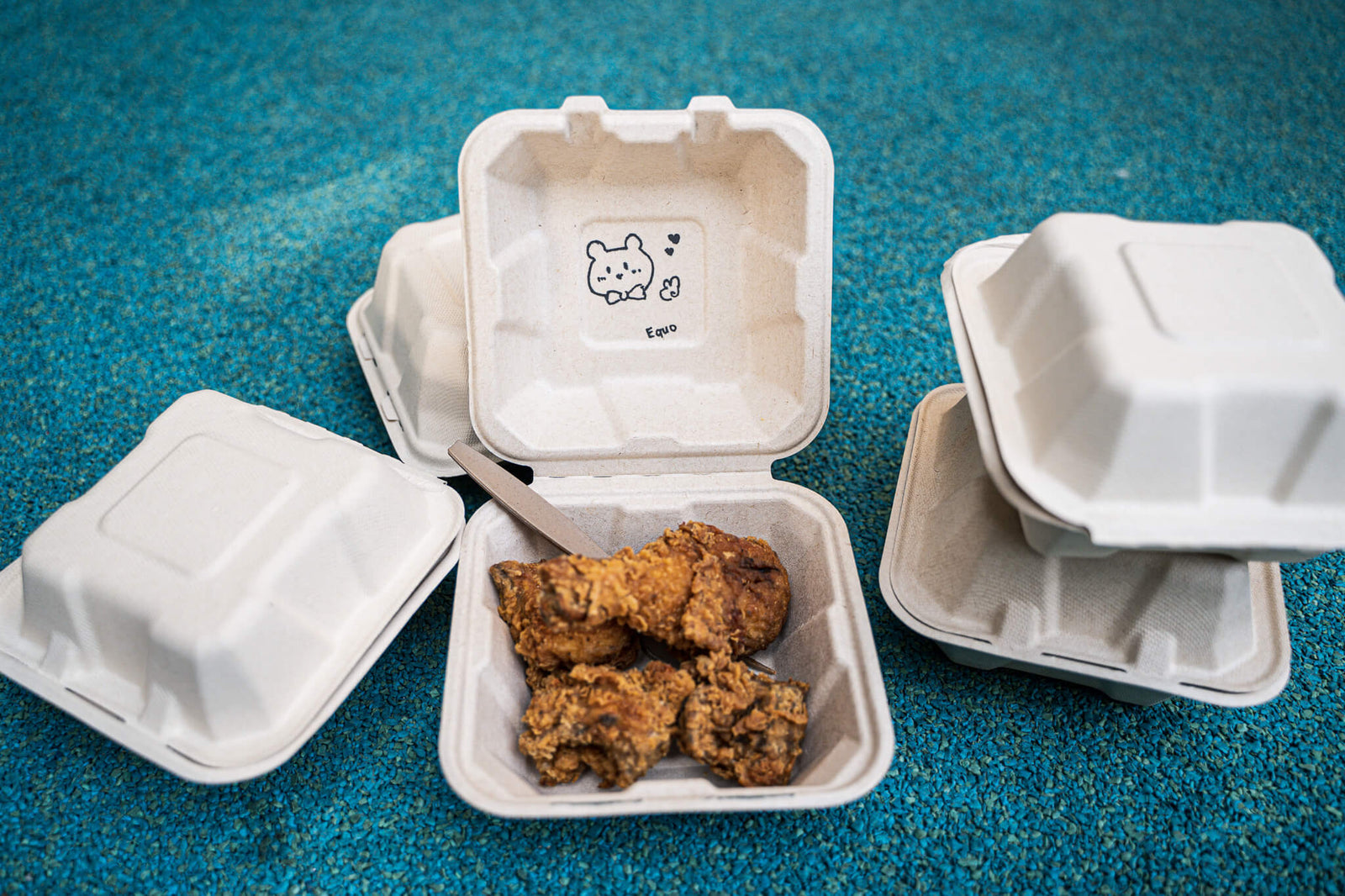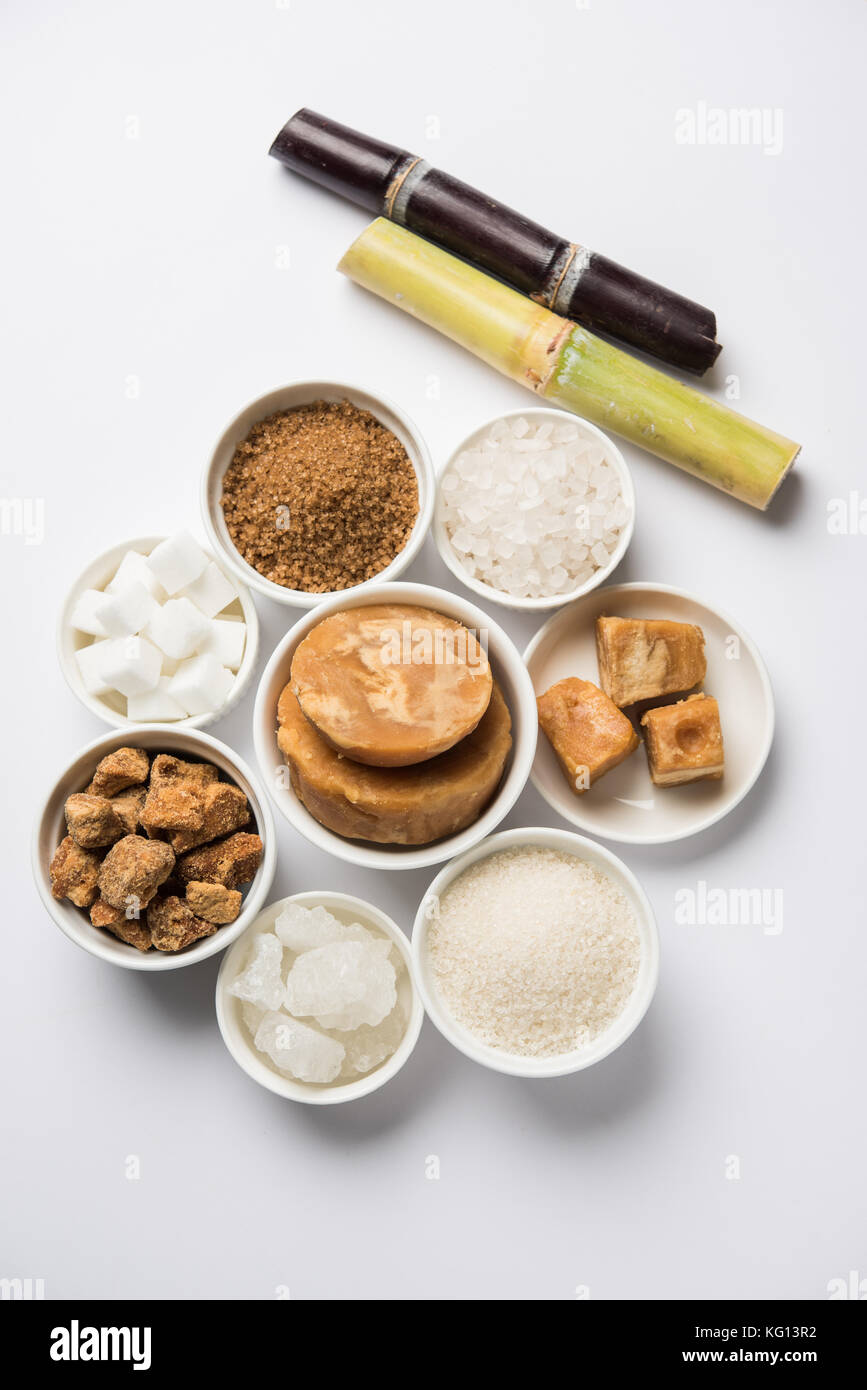Lasting Sugarcane Products: From Sweeteners to Eco-Friendly Goods
The potential of sustainable sugarcane items expands past conventional sweeteners to encompass a series of green items, providing a compelling case for their assimilation right into contemporary consumer techniques - sugarcane product. As the globe grapples with pressing ecological concerns, sugarcane becomes a functional source with the ability of attending to both dietary needs and sustainability objectives. This discussion will discover exactly how innovations in sugarcane farming and processing can lead to substantial improvements in biodegradable product packaging and eco-conscious textiles. What effects might these advancements have for future consumer options and environmental influence?
Summary of Sugarcane Sustainability
As the need for environmentally friendly items expands, understanding sugarcane sustainability comes to be increasingly essential. Sugarcane, a functional crop, is cultivated mostly in exotic and subtropical regions, and its sustainability is vital for both environmental health and wellness and financial stability. Sustainable sugarcane farming methods focus on minimizing environmental influence while making best use of productivity and success.
Secret facets of sugarcane sustainability consist of efficient land use, decreased chemical input, and enhanced water monitoring. Practices such as plant turning, incorporated pest management, and organic fertilization contribute to soil health and wellness and biodiversity. In addition, ingenious innovations, such as accuracy farming, aid maximize resource use and lower waste.
Furthermore, sugarcane is an eco-friendly source, with by-products that can be utilized in numerous markets, from biofuels to eco-friendly plastics, consequently decreasing reliance on fossil fuels and decreasing carbon footprints. Qualifications like the Bonsucro standard encourage sustainable practices throughout the supply chain, promoting transparency and responsibility.

Sugarcane-Based Sugar
Utilizing sugarcane as a key source, sugarcane-based sweeteners have gained prominence as all-natural alternatives to artificial sweeteners and polished sugars (sugarcane product). These sugar, originated from the removal and processing of sugarcane juice, use a range of products that accommodate diverse consumer preferences, consisting of natural and minimally processed choices
Raw cane sugar keeps even more of the natural flavors and nutrients located in sugarcane, making it a popular option for health-conscious customers. Panela, a conventional Latin American sugar, is produced by vaporizing sugarcane juice, preserving its natural minerals and vitamins.
The growing demand for sugarcane-based sugar is driven by raising understanding of health and sustainability concerns connected with traditional sweeteners. By choosing sugarcane-derived products, customers not only support lasting farming methods however also add to a much healthier way of living, aligning their nutritional choices with their ecological worths.
Eco-friendly Packaging Solutions
Arising as a feasible alternative to traditional plastics, naturally degradable product packaging remedies stemmed from sugarcane are changing the packaging sector. These ingenious materials give an eco-friendly option that addresses the growing problems over plastic air pollution. Using the all-natural sugars located in sugarcane, manufacturers are creating numerous forms of eco-friendly packaging, including films, containers, and covers that disintegrate a lot more quickly than typical plastics.
The key benefits of sugarcane-based product packaging depend on its eco-friendly sourcing and its capacity to you can try here damage down into non-toxic byproducts. Unlike fossil fuel-derived plastics, which can linger in the environment for centuries, sugarcane product packaging normally breaks down within a few months under appropriate conditions. This reduction in waste not just mitigates landfill overflow yet additionally reduces the carbon impact connected with product packaging products.
Furthermore, sugarcane-derived packaging keeps durable efficiency qualities, supplying This Site comparable sturdiness and capability to traditional alternatives. As consumers and businesses progressively prioritize sustainability, the adoption of biodegradable packaging services represents a considerable step in the direction of a circular economic situation, where products are reused and restored instead of disposed of. This change not just boosts brand photo but additionally contributes to an extra lasting future for the earth.
Eco-Friendly Textiles and Fabrics
Environmentally friendly textiles and textiles are obtaining grip in the style and home goods markets as customers significantly require sustainable choices to conventional materials. Among the remarkable alternatives are materials stemmed from sugarcane, which offer an ecologically responsible alternative to synthetic fibers. These fabrics are generated through a procedure that uses the renewable sources found in sugarcane, dramatically minimizing reliance on petroleum-based materials.

Brands are increasingly incorporating green fabrics right into their line of product, reflecting a broader commitment to sustainability. This shift is not simply Discover More Here a pattern however a needed advancement in feedback to ecological problems. As the marketplace for lasting fabrics increases, customers can look onward to cutting-edge layouts that integrate style with environmental obligation. Eventually, environmentally friendly textiles and fabrics represent a substantial action towards minimizing the garment industry's environmental impact while dealing with the expanding demand for responsible customer selections.
Developments in Sustainable Farming
Changing agricultural techniques, innovations in sustainable farming are changing the way crops are expanded and taken care of. These developments concentrate on minimizing environmental influence while making the most of performance and productivity.

Furthermore, agroecology, which incorporates eco-friendly concepts right into farming, advertises biodiversity and soil health. Practices such as crop rotation, cover cropping, and intercropping foster durable ecological communities that can hold up against pests and climate variations - sugarcane product. Furthermore, using organic fertilizers and biopesticides adds to healthier soils and environments

With each other, these advancements are not only reshaping the farming landscape yet likewise adding to a more lasting future for sugarcane and various other crops, aligning farming exercise with environmental stewardship.
Verdict
Lasting sugarcane products represent a substantial improvement in environment-friendly options, spanning from all-natural sweeteners to biodegradable items. The growing of sugarcane through lasting methods not just improves environmental wellness however also adds to economic viability. As customer preferences significantly lean towards lasting choices, the adaptability of sugarcane as a renewable resource becomes significantly relevant. This trajectory highlights the importance of continued innovation and commitment to lasting techniques within the sugarcane market, cultivating a much more sustainable future.
The capacity of sustainable sugarcane items expands past conventional sugar to include a range of environment-friendly goods, presenting a compelling case for their assimilation right into modern-day consumer practices. Sustainable sugarcane farming methods concentrate on minimizing ecological effect while making best use of performance and success.
Lasting sugarcane products represent a considerable development in environment-friendly choices, covering from all-natural sweeteners to eco-friendly goods. The cultivation of sugarcane through sustainable methods not only boosts ecological wellness but also contributes to economic stability. As customer preferences progressively lean in the direction of lasting options, the convenience of sugarcane as a sustainable resource comes to be progressively pertinent.